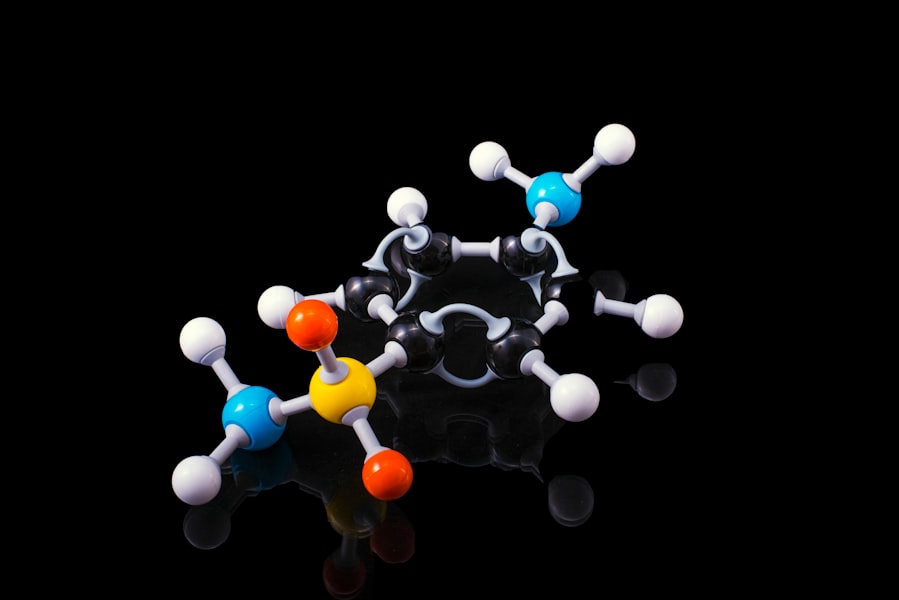
Germany and Norway Partner to Create Hydrogen Pipeline and Reduce CO2 Emissions by 2030
German Federal Minister of Economics, Robert Habeck, has sealed a partnership between Germany and Norway to build a hydrogen pipeline between the two countries by 2030. Additionally, they plan on collaborating on underground storage of CO2 emissions. Habeck also wants to make changes that will allow for CO2 separation for steel and cement industries.
Hydrogen in Everyday Life
Hydrogen is the most abundant element in the universe, making up roughly 75% of all matter. It is also present on Earth, where it can be found in water, hydrocarbons, and living organisms. Hydrogen has many practical uses in everyday life. For example, it is used to produce ammonia for fertilizer, to refine petroleum for fuel and to create electricity through fuel cells. Hydrogen can also be used as a clean energy source since its combustion produces only water vapor and heat. Additionally, hydrogen-powered cars are becoming increasingly popular due to their efficiency and environmentally friendly nature.You might also like this article: AgTech startup investor from Palo Alto: AME Cloud Ventures. Picture source: Terry Vlisidis